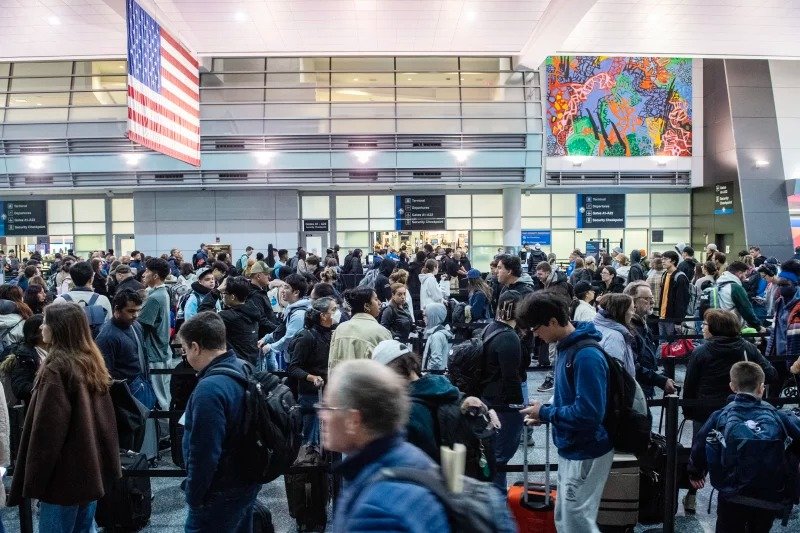For many, traveling to the United States used to be an exciting experience. However, in recent years, the country’s political climate and border policies have left some would-be visitors reconsidering their plans. In particular, policies under the Trump administration have led to concerns that foreigners may not feel welcome. With increasing fear and suspicion, potential travelers are now more likely to spend their time—and money—elsewhere.
Increased Border Security and Rising Concerns
Since the tragic events of September 11, 2001, the U.S. has significantly tightened its border security. While this was understandable given the circumstances, many foreign visitors felt the weight of stringent measures. Back then, it was easy to explain the heavy security as a response to the shock and pain of a nation dealing with trauma. However, today’s climate feels different, particularly under Donald Trump’s leadership.
Trump’s America: A Shift in Foreign Perception
During the Bush administration, it was easier to understand the heightened border security as part of a nation that was confused and searching for security. Yet, under Trump’s leadership, this shift feels more intentional. It seems that the message being sent to outsiders is that foreigners are unwelcome. The current atmosphere often feels more like an open display of hostility than an unfortunate consequence of policy.
The Impact on Visitors’ Perception
For those who once loved visiting the U.S., this change is jarring. Those who have long held a positive view of America now face a growing suspicion. The perception that the government actively dislikes foreigners has become hard to ignore. For many, this shift is enough to reconsider travel plans, as fear and uncertainty are not attractive to potential tourists.
The Psychological Effect of Political Climate
Fear is a strong deterrent, and when it comes to travel, the emotional and psychological impact is significant. No one wants to enter a country feeling unwelcome or suspicious. In fact, when potential visitors hear stories of hostile encounters at the border, it reinforces the idea that a trip to the U.S. may not be worth the stress and worry.
Reevaluating Travel Plans: A Personal Perspective
As someone who has always looked forward to trips to the U.S., I, too, have reconsidered my travel plans. With frequent-flier miles ready for use, I had initially intended to visit the U.S. this year. However, after reflecting on the current political climate, I’ve come to the conclusion that my miles will be better spent elsewhere. Like many others, I now find myself questioning whether America is still the welcoming place it once seemed to be.
Global Travel Trends: Moving Beyond the U.S.
This shift in attitudes is not unique to me. Many other potential travelers are now choosing destinations that offer greater comfort and openness. Countries that embrace diversity and provide a welcoming atmosphere are becoming increasingly popular among international tourists. As concerns about safety and political climates rise, travelers are prioritizing destinations where they feel secure and accepted.
The Long-Term Impact on U.S. Tourism
The growing reluctance to visit the U.S. could have significant long-term effects on its tourism industry. The country has long relied on international tourism as a major source of revenue. However, as more travelers rethink their plans due to concerns about border security and political hostility, U.S. tourism could see a decline. For a country that prides itself on being a global leader, this change in perception is something that needs to be addressed to restore the welcoming image America once had.

